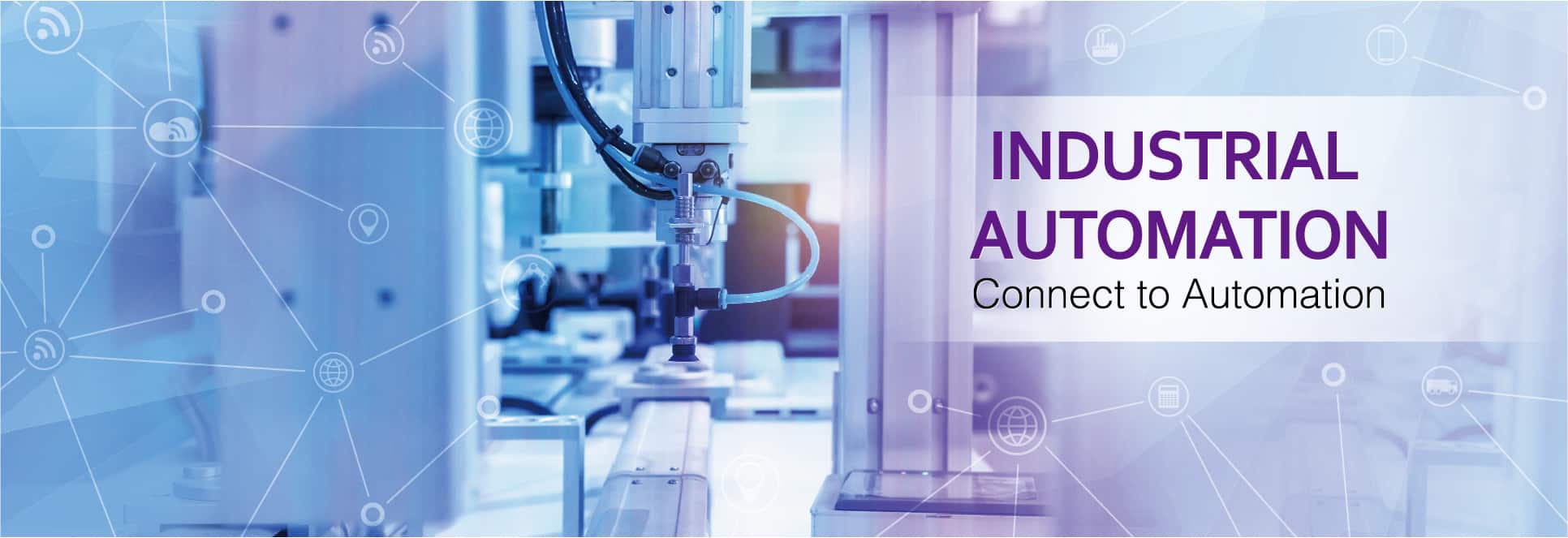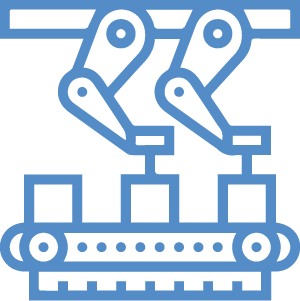
As global manufacturing rapidly advances toward Industry 4.0 and digital transformation, smart manufacturing and automation have become the driving forces of industrial evolution. From traditional machine-level automation to integrated solutions powered by edge computing, AI, IIoT, cloud, and digital twins, enterprises now face unprecedented challenges and opportunities.
In this transformation journey, what businesses truly need is not just standalone products, but comprehensive solutions combining hardware, software, and services. Leveraging decades of expertise in industrial computing and automation, Portwell is committed to enabling efficient, intelligent, and sustainable manufacturing systems for enterprises worldwide.
As smart manufacturing and automation continue to advance, the global manufacturing sector is encountering several critical challenges:

Massive machine and sensor data must be processed instantly to avoid latency and inefficiency.

Legacy and modern systems with diverse protocols complicate interoperability.

Without real-time inspection and predictive maintenance, downtime increases and yield decreases.

With IIoT and cloud adoption, factories must address both cyber threats and operational reliability in harsh environments

With powerful CPUs/GPUs/NPUs, Portwell industrial PCs perform predictive maintenance, real-time defect detection, and process optimization at the edge, minimizing downtime and improving yield.

Supporting Modbus, PROFIBUS, OPC-UA, our IPCs, Panel PCs, and embedded systems enable quick configuration and seamless integration across legacy and modern equipment.

Featuring IP65 protection, anti-shock/vibration, wide temperature (-40 to 70°C), and fanless design, Portwell ensures stable operation even in the harshest environments.
AI-Driven Flexible Manufacturing – Supporting rapid line reconfiguration and dynamic scheduling for high-mix, low-volume production.
Sustainability – Enhancing energy efficiency to meet ESG and carbon-neutral goals.
Cloud-Integrated Digital Twins – Combining on-site data with cloud simulation for predictive insights and remote collaboration.
Cybersecurity Enhancement – Zero-trust architecture is becoming the new benchmark for smart factories.
Smart manufacturing is evolving from “automation” toward intelligence, digitalization, and sustainability. With expertise in industrial computing, Portwell empowers industries to build efficient, reliable, secure, and sustainable smart factories. Only those embracing flexible production, robust cybersecurity, and green development will stand out in global competition.